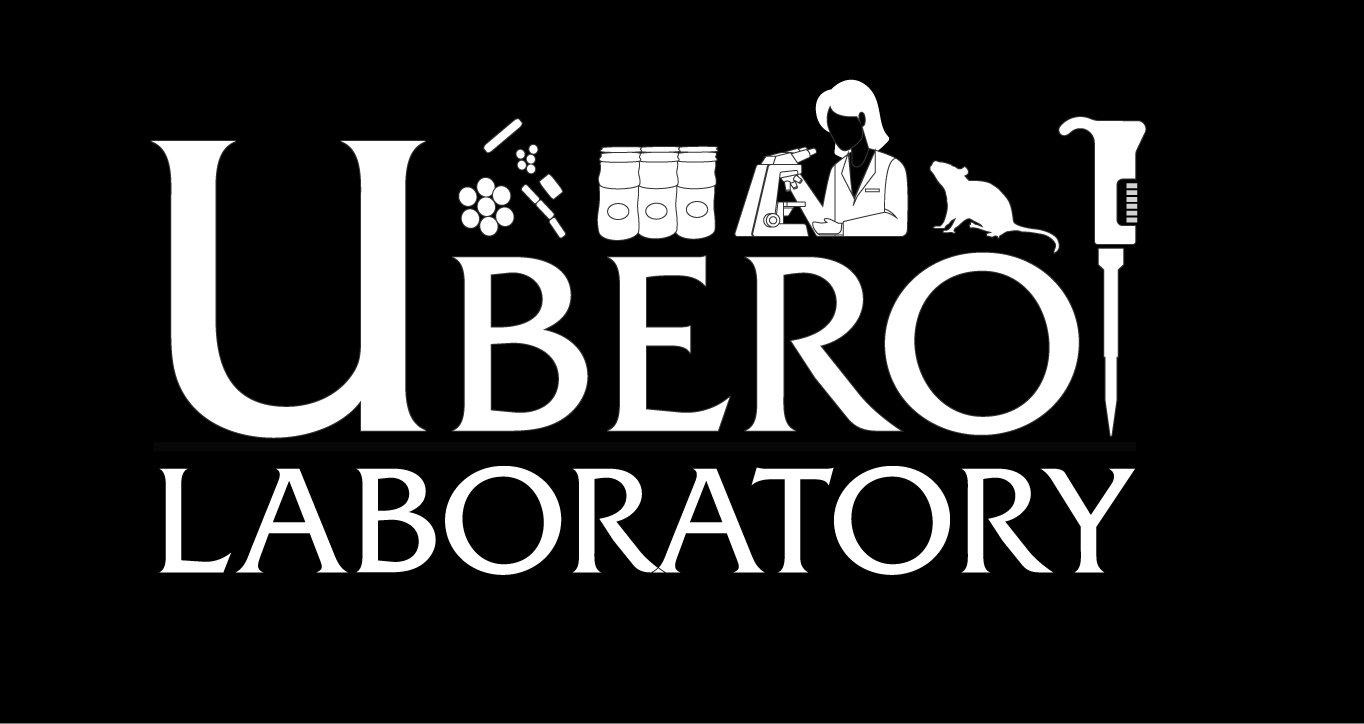
Microbial communities offer invaluable lessons!
Microbial diversity is essential for enhancing health, growth, and yield, and upholding balance in ecosystems they inabit. Microbes delineate life's parameters and create conditions that support other species' evolution.
Taking a cue from our microbe friends, our lab embraces diversity as the key to innovation, blending distinct viewpoints to fuel groundbreaking research.
Skin microbes curated from healthy humans. Data collection by Anya Chan, Junior, Tufts University
Racial justice and support for marginalized communities cannot be separated from the practice of science. We must actively work to recognize the obstacles that scientists (and potential scientists) from marginalized communities face, and dismantle structures of power that prevent them from succeeding. We must also consider the effects of our research and research choices on marginalized communities. Please visit https://sammykatta.com/ Native Land Acknowledgement
Washington University at St. Louis is located on the ancestral, traditional, and contemporary lands of the Osage Nation, Missouria, Illinois Confederacy, and other tribes. We express our gratitude for their hospitality and honor their legacy as we live, work, and study here.

We celebrated PRIDE month (June, 2024) by honoring scientists of the LGBTQ+ community. Check out posters made by our team
Statement on diversity and inclusivity
As an immigrant and woman of color, my experiences of working with diverse students and educators have profoundly shaped my scientific perspective throughout my research career. I firmly believe that diversity is the bedrock of innovation and progress, as it brings together unique viewpoints and unfamiliar ideas that drive advancements in research.
Here are some ways in which I aim to achieve these goals:
Lab diversity and inclusion
My goal is to foster an inclusive environment where every individual feels empowered with agency and confidence. I aim to provide equal opportunities to all researchers, irrespective of their backgrounds. We will collaborate with diversity groups on campus to fostering a deeper understanding and commitment to diversity within our scientific community.
Community engagement
Scientists have a responsibility to share knowledge and make science accessible to the public. To achieve this, we will integrate outreach efforts with ongoing research projects in the lab. This involves participating in online outreach, as well as collaborating with other outreach programs to conduct hands-on workshops.
Advocacy
I will actively engage with the global scientific community to advocate for diversity and inclusivity. I will work alongside colleagues to increase awareness of diversity-related issues, understand the roots of bias, and advocate for those who are underrepresented in science.
RESOURCES
Equity, diversity and inclusivity resources at Washington University at St. Louis.
Dept. Pathology & Immunology resources
Additional resources
Resources on using personal pronouns
List of books on DEI in science
Bibliography of Recent Studies of Academic Gender Bias and Gender Discrimination. This is a live compilation of articles started by Danica Savonick.
Self Help Resources
Self help resources and notes shared by Dr. B. Duygu Özpolat (Asst. Prof @WUSTL). This document is very helpful!
List of professional organizations that support minorities in STEM



